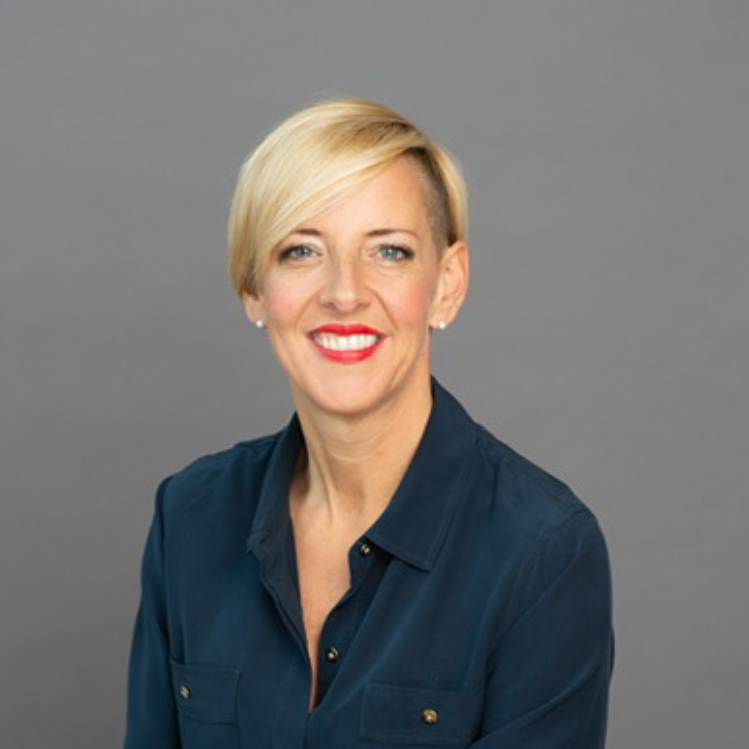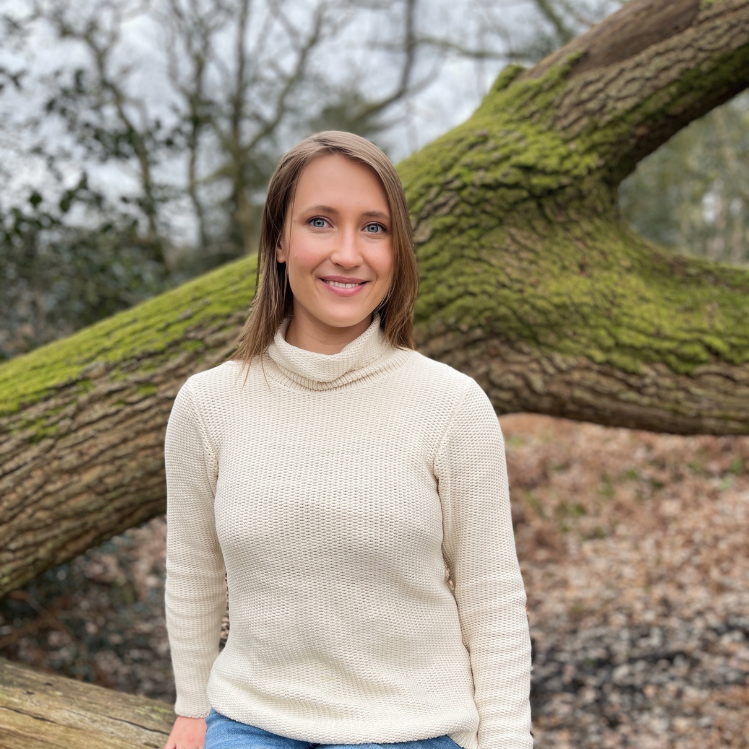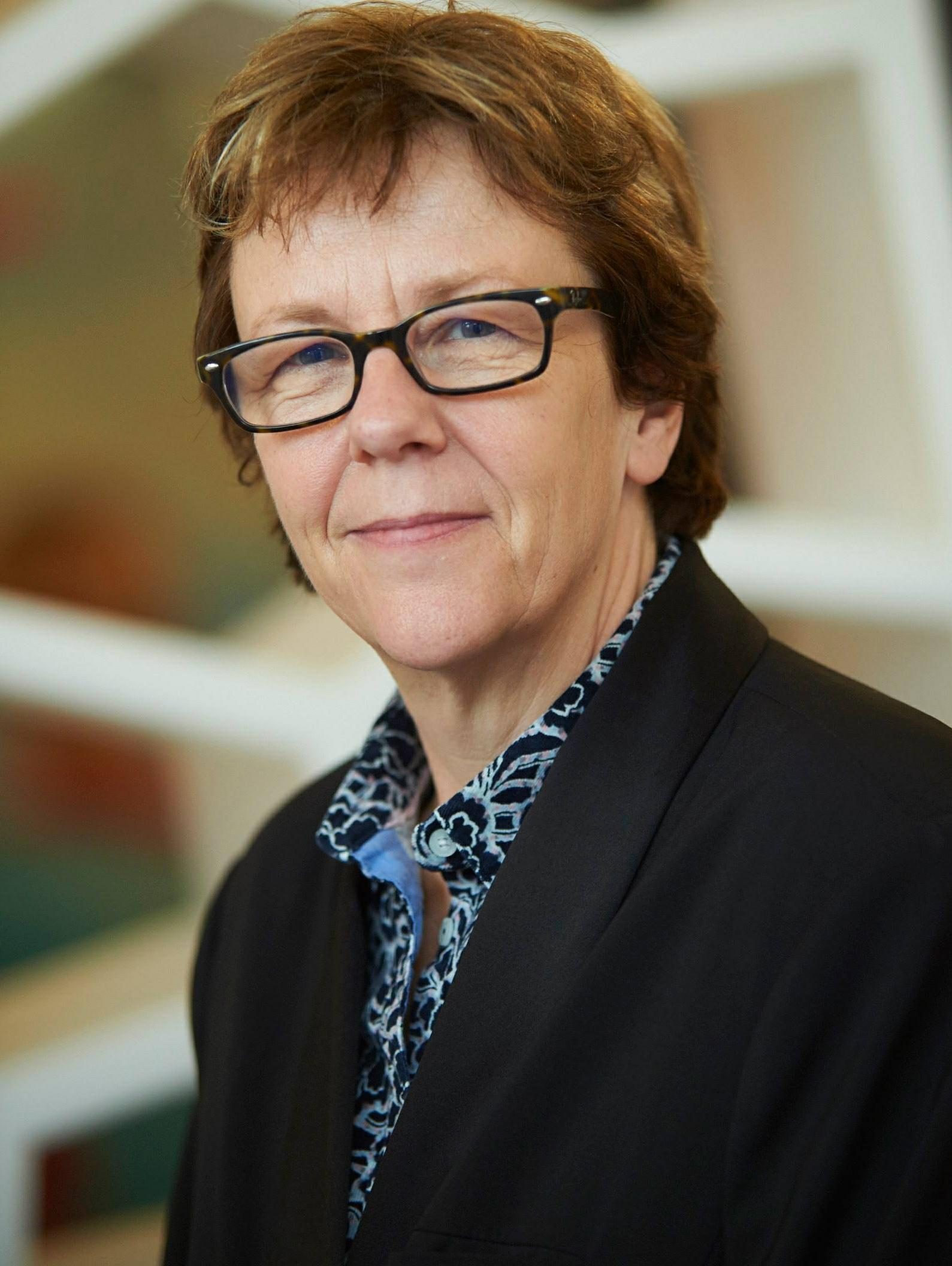
Sue Nelson: We need more women in tech
Sue Nelson
We need to get more women to go into tech
By: Trevor Clarke
Sue Nelson is a graduate designer, holds an MBA and is a Fellow of the Institute of Directors. She was awarded the Kent Business Woman of the Year in 2017 and has won many other awards. Sue is Chief Executive, Founder and 100% shareholder of the Breakthrough Funding Group, Founder and Head of the TLA FoodTech Group and in 2017 she joined the advisory board of Crowdfooding.
Sue is passionate about growing small businesses, and making sure they gain the funding and tax breaks they deserve so they can ‘breakthrough’ in their markets. Since she founded the Breakthrough Group in April 2015, the team have secured £10 million of R&D funding for hundreds of businesses.
In this interview we learn more about Sue’s background, extensive experience in a range of areas, and her interest in food tech and innovation, and her latest ventures, a radio station, and helping small businesses to gain funding support.
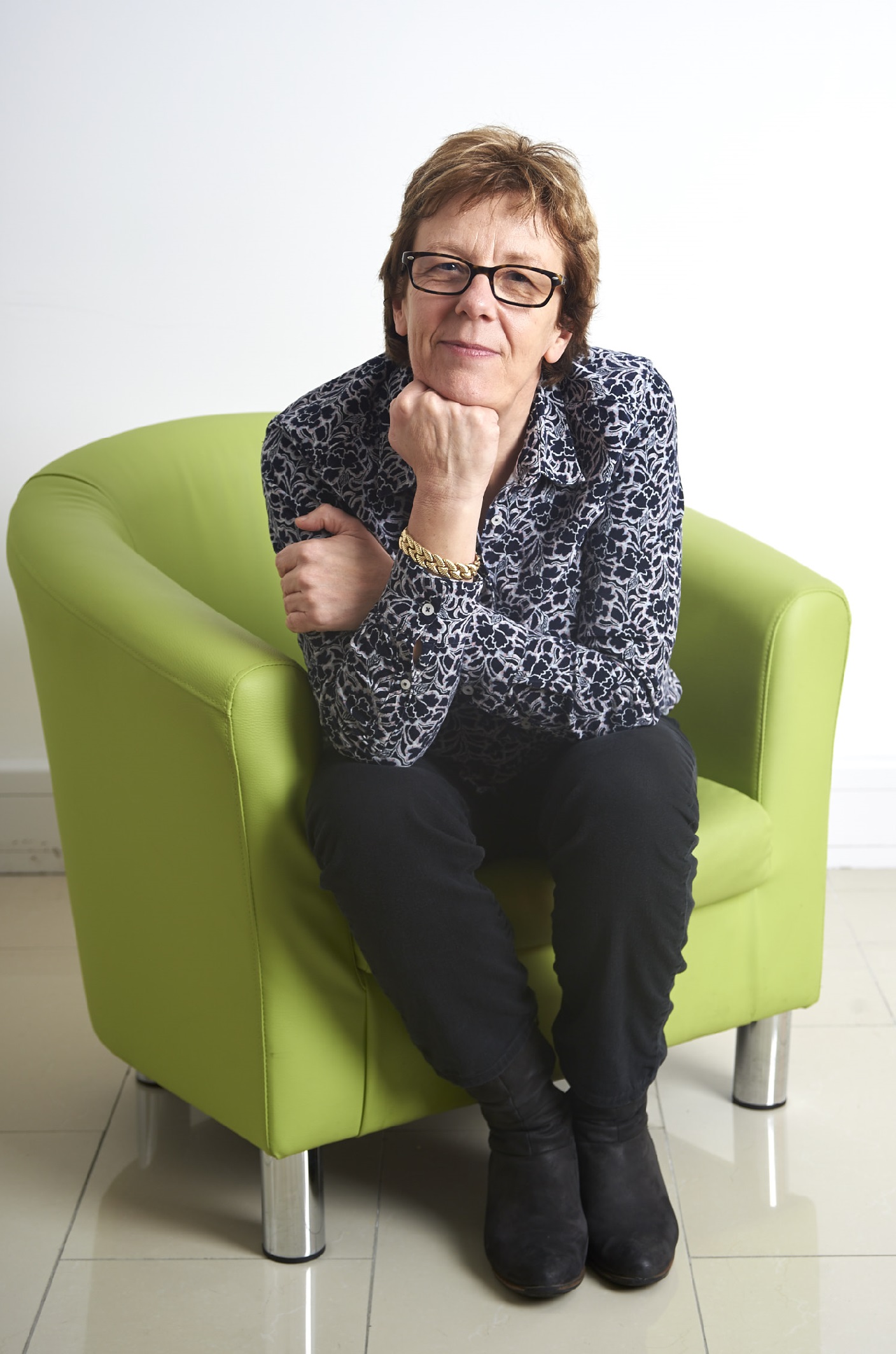
How do you remember your childhood and upbringing, and how has that influenced your life in who and where you are today?
I was bought up in inner city London in the 1960s, in a pretty poor neighbourhood at the time. My dad was one of seven children, so I grew up with lots of aunts, uncles and cousins – all very sociable and noisy. My maternal grandmother had polio and struggled to bring up her children especially as my scurrilous grandad was in prison for a big part of their childhood, but she was great fun and we laughed a lot together.
When I was a baby my mum had to cope in a tiny flat with no running water, and I really don’t know how she managed that! By the time my brother came along we were living in four rooms with an outside toilet and no bathroom – but at least we had water on tap! This wasn’t unusual amongst my family and the other children I mixed with, so it just seemed entirely normal to me. Our school was rough and tough, and I remember getting punched on the nose in my first week as a five-year-old and bleeding all over my newly bought school uniform. My Mum went crazy as it meant she had to wash and iron it overnight but my dad was pragmatic about it and taught me how to box so I could fight back.
What has all that taught me? You’re responsible for yourself and you must do your best to stand on your own two feet. I hate people who think they have a sense of entitlement. No one does – work hard, keep going, be kind and generous and good things will happen to you in the end.
You are a graduate designer with an MBA and a long illustrious career in business. In your experience, do creative people also make good business leaders or is there a clear choice to be made and why?
I wasn’t academic enough to go to university, but I could draw and paint so I went to art school instead and became a graphic designer. I love having that design background because it means I was trained to take complex problems and explain them to a target audience in either words or pictures. I learnt to be a good communicator and I can truly say this underpins all my business decisions. If you don’t understand your market in absolute detail and then craft your communications and brand around them you will always struggle. In my company, the customer is at the centre of everything we do.
What inspired you to become involved in so many public service roles in education, skills councils and in a government role? Can you give us an insight from some of these roles?
Education lifted me out of the world I came from. I got a degree in design, then went on to get an MBA at business school and that’s what has made the difference. Not everyone has that drive to overcome the barriers in their way, or have the support of their family to get educated, so I’m lucky in that sense and want to help others to fulfil their potential too. There are so many good people out there, especially women, who can do amazing things if only we can help them get there.
In my view they often fail small business owners, because they take their consultations and research from big business when making policies and the two things are completely different.
What is your perspective of the difference between public service and business? Where do they combine well and not so well?
Running your own business is tough and unforgiving. If you don’t get the money in, you will fail even if you have a great idea, lots of orders and bucket loads of passion. Cash flow and getting those sales is all important and its relentless. If you have staff it becomes even more pressurised because you have to pay that wage bill every month without fail. Public bodies don’t have that pressure. They have no idea what it’s like to run your own business and be an employer. In my view they often fail small business owners, because they take their consultations and research from big business when making policies and the two things are completely different. Public bodies and government need to get experience of the small business world and then they will make better policy decisions.
What observations have you made in your time and your roles of the progress women are making in leadership positions, traditionally male dominated sectors, and as entrepreneurs?
There is far more recognition that having women in a company and at the highest level equals good business. Statistics unequivocally show that companies with women on the board are more effective and efficient. So now it’s been proven, it’s easier to gain headway because it makes financial sense and the hard figures show that. I think women are doing much better in nearly every sector, but they still lack confidence. Come on ladies! You know you can do it, so don’t be shy and put yourself forward. This is what is holding us back now, our own belief in our abilities.
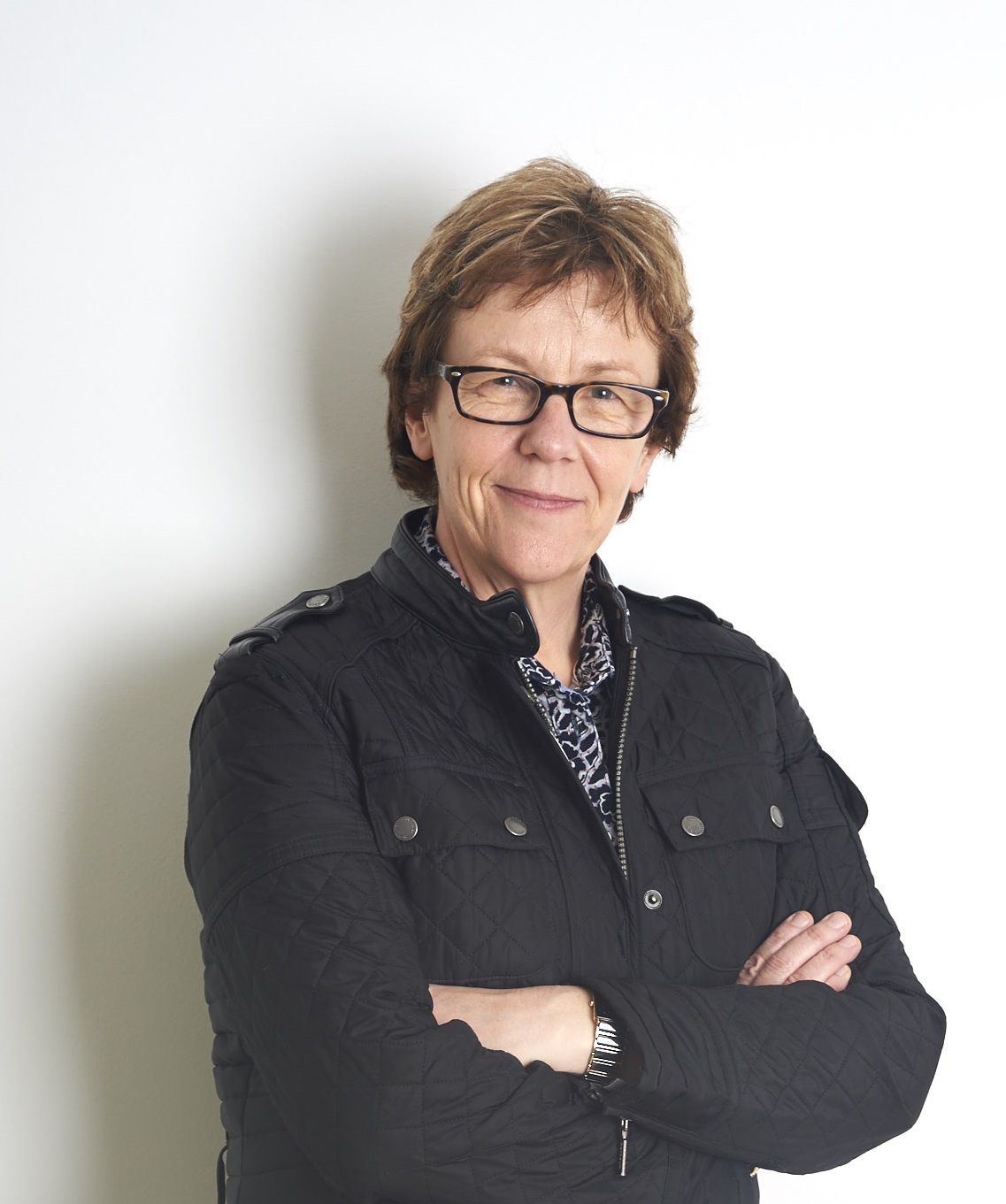
How can further progress be made and what would you like to see over the next five to ten years?
The best thing you can ever be is a role model to your children. Working and being a parent is difficult and we all feel that pressure and have problems juggling. You won’t get everything right all the time, so give yourself a break and realise that it’s impossible to “have it all”. That’s a myth. Do your best and remember your children have a great role model watching how you manage to handle all these things – even when sometimes it doesn’t quite go to plan.
You now have your own radio station and shows, which are around food, tech and innovation. Tell us more about that and why you decided to create this.
We’re experts on the UK R&D tax relief legislation for small businesses – that’s what my main company does. We’ve recovered more than £10million in cash in the last two years for hundreds of companies. Most were blissfully unaware they were eligible for this great government scheme.
We know that our ability to help clients secure R&D money creates new jobs and eases cash flow. But that’s not enough for me. I want to help small companies grow into great big ones. Not just by securing cash but by helping them to connect with people who can help make their ambitions come true. Ethical business is good business and I believe the future of work is in collaboration.
So, we also help our clients and partners get publicity and new business through our magazines, radio shows or partnership programmes. It’s a win-win because they work with us, but we’re also helping them to raise their profile to get new clients.
You founded the Breakthrough Group which advises SMEs on how to attract funding and on tax relief among other things. Can you tell us more about this and how you help women entrepreneurs especially?
We’re here to help innovators and developers get back cash or a tax benefit. R&D tax relief is a great scheme that helps companies who are investing in innovative projects. Unfortunately, too many business owners don’t understand the very wide definition of “R&D” in this context and don’t realise they’re missing out, even though the government wants them to apply. A better definition is cash for innovators. So, you could be developing a new food recipe, or software, or a new product. We do all the work with no forms to fill in, so you get back what you’re owed quickly and efficiently. We would love to help any women entrepreneurs to see if they are eligible for this cash back, but they have to own a limited company which is based in the UK and they need to have been trading for at least one year. However, you don’t have to be making a profit yet, so why it’s called tax relief is beyond me!
How does the future look to you in a post Brexit world for business, skills hiring and the development of the skills needed through the education system?
I very much believed that the European Union needed fundamental reform – so much money wasted and ridiculous politics being played. But it would have been much better to push for wide ranging reforms from the inside. Brexit is a disaster in many respects. My biggest concern is digital skills. We have the most incredible tech hub in London at the moment with many of our greatest software engineers and developers coming to us from around Europe. They love London and they want to be here with their hugely valuable skills. We have to make sure they can stay and continue the precious contribution they make to business and society.
On the same theme we need to get more women to go into tech. It’s shocking that only 17% of people in tech are women. That means that our systems, apps, product design, security infrastructure and games are being predominantly designed by men, so women will continue to be marginalised until this changes.
Something is going very wrong – at school, interest in tech is pretty much even across the genders, and yet by the time it gets to higher education only 1 in 6 women are taking computer science. We must address this issue and make sure that we attract and support young women who take an interest. The media must change too – they should show more female role models, and think hard about why there are 3 male lead characters for every 1 female lead in videos, TV and film.
Nothing makes me happier than sitting around a table with friends and family sharing great food and drinking nice wine, laughing, arguing even crying sometimes.
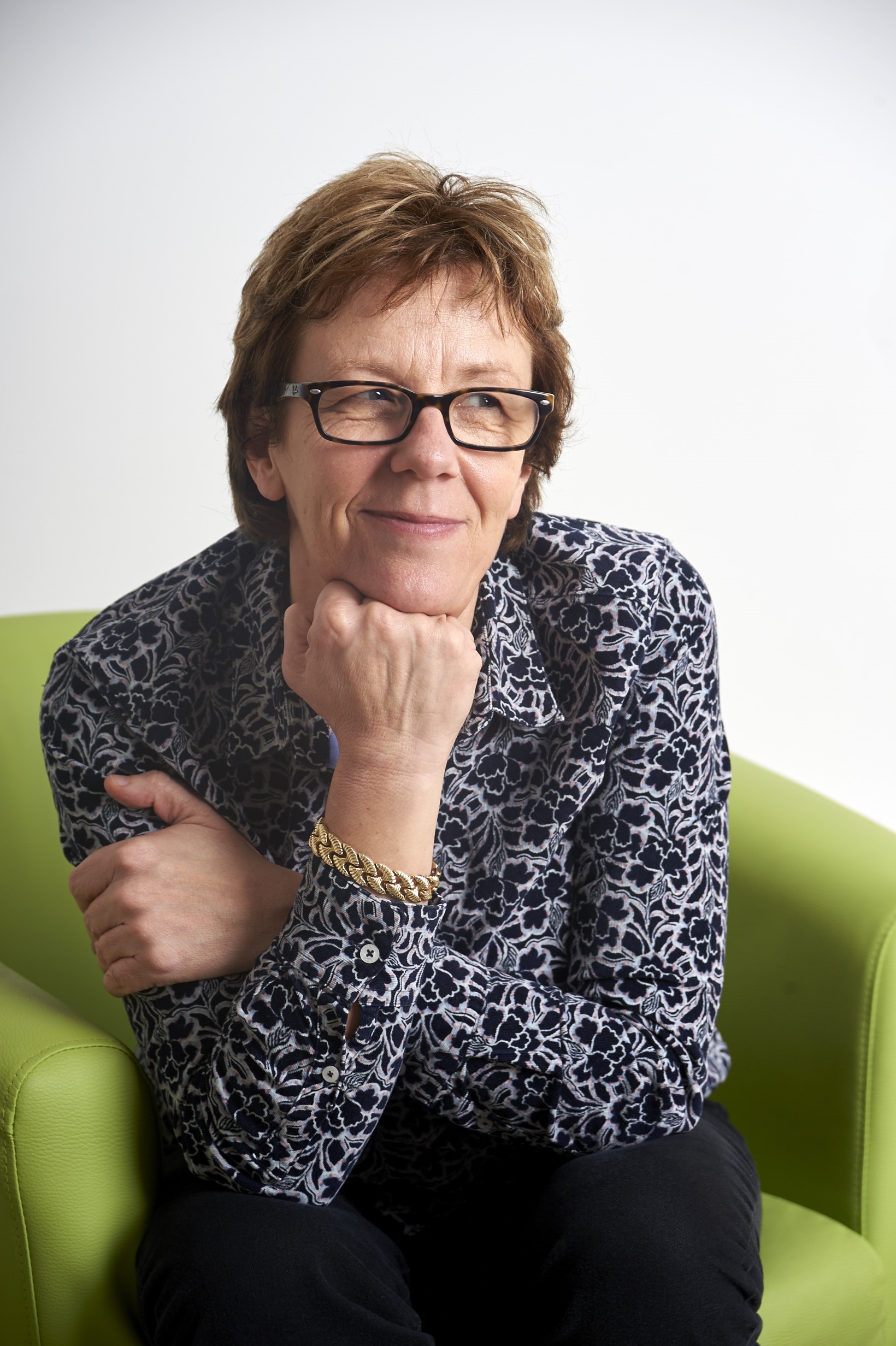
How do you spend your leisure time and what are your favourite parts of the world that you have visited or would like to visit and why?
I love food! Shopping for it, cooking it and most especially eating it. Nothing makes me happier than sitting around a table with friends and family sharing great food and drinking nice wine, laughing, arguing even crying sometimes. Because I eat so much I have to balance that out by staying fit, so I swim, cycle and go to the gym. I really enjoy it and I don’t find it a chore although my body seems to creak a bit more than it used to!
I love Europe especially Italy, Portugal and Spain. The people, culture and history are amazing and there are so many more European cities I want to visit. My daughter got married in Tuscany this year and we had such a lovely time, it was so beautiful I want to go back again and spend longer there exploring the hills, villages and of course the wineries.
Web: BreakthroughGroup | Breakthrough Funding | TLA Food Tech | The FoodTalk Show | The TechTalk Show
Twitter: @breakthroughfun | @TLAFoodTech | @foodtalkshow | @techtalkshowuk



